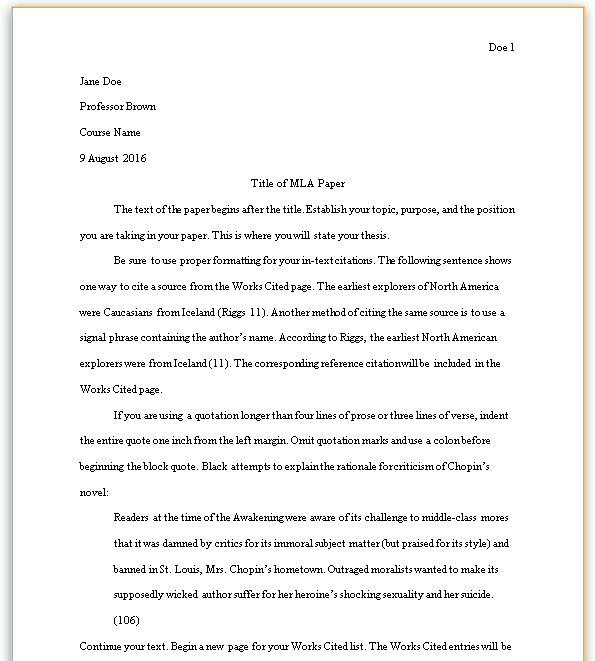Key Thermodynamics and Reaction Concepts
Heat Energy Processes
- Endothermic: Absorbs heat energy; ΔH>0\Delta H > 0.
- Exothermic: Releases heat energy; ΔH<0\Delta H < 0.
Specific Heat Capacity
- Definition: Amount of heat required to raise the temperature of one gram of a substance by 1°C.
- Formula: C=qmΔTC = \frac{q}{m \Delta T}, where qq is heat, mm is mass, and ΔT\Delta T is temperature change.
Thermodynamics Overview
- Definition: The study of energy changes in physical and chemical processes.
- First Law of Thermodynamics: Energy is neither created nor destroyed in ordinary chemical reactions and physical changes.
Heat and Energy Terms
- Calorie: Heat required to raise the temperature of 1 gram of water by 1°C.
- Enthalpy (ΔH\Delta H): Total energy change during a chemical reaction.
- Heat of Formation (HfH_f): Heat released or absorbed when a compound is formed from its elements.
- Bond Energy: Energy required to break one mole of bonds in the gas phase.
Entropy and Disorder
- Entropy (SS): Measure of disorder or randomness in a system.
- Second Law of Thermodynamics: The universe tends toward greater disorder spontaneously.
- Third Law of Thermodynamics: The entropy of a perfect crystalline substance at absolute zero (0 K) is zero.
Reaction Kinetics
- Activation Energy: Minimum kinetic energy required for reactants to form products.
- Catalyst: A substance that speeds up a reaction by lowering the activation energy, without being consumed.
- Activated Complex: A high-energy, transitional structure where bonds are simultaneously breaking and forming during a reaction.
These principles form the foundation for understanding chemical reactions, energy exchanges, and the laws governing the behavior of matter and energy.
Don't use plagiarized sources. Get Your Custom Essay on
Key Thermodynamics and Reaction Concepts
Just from $13/Page


